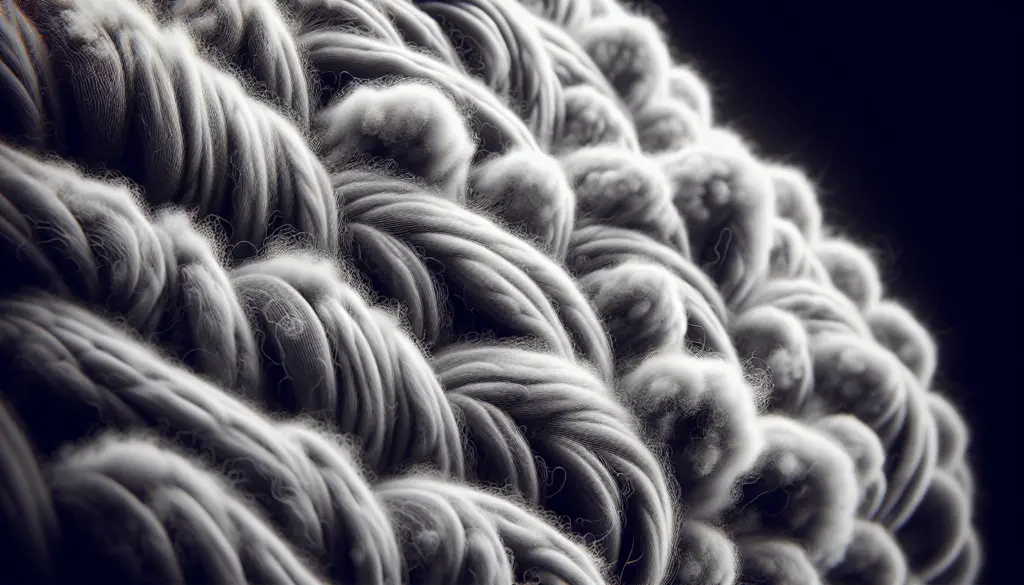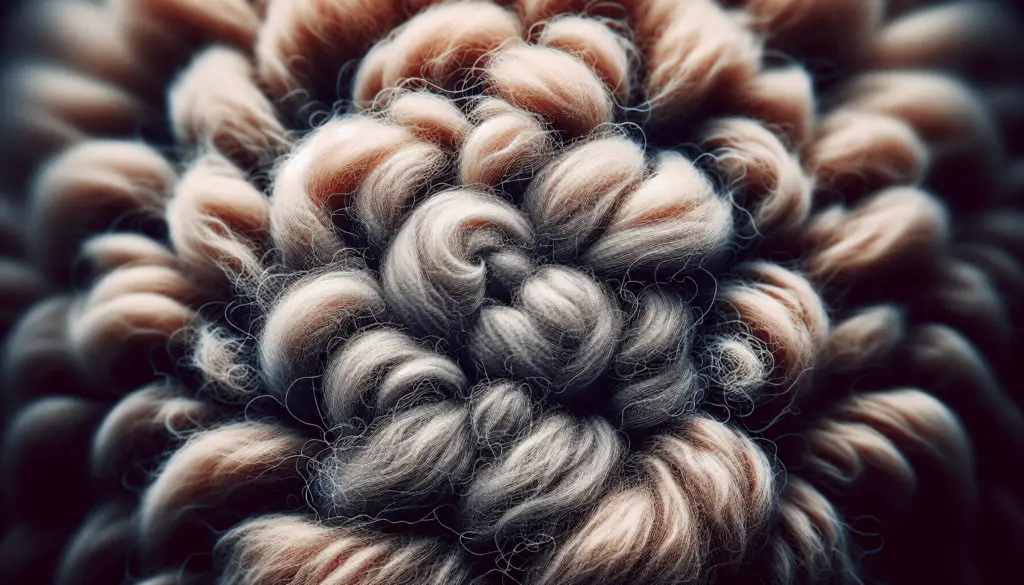If you’re looking for eco-friendly ways to stay warm this winter, look no further than the best natural insulators. From wool to down to alpaca, these materials are not only sustainable but also incredibly effective at trapping heat and keeping you cozy when the temperature drops. Say goodbye to synthetic materials and embrace the warmth of nature with these top natural insulators. Hey there! Have you ever wondered how you can stay warm during those chilly winter months without cranking up the heater and driving up your energy bills? Well, you’re in luck! In this article, we will explore the best natural insulators that will help you stay cozy and warm without breaking the bank. Let’s dive in!
Understanding Natural Insulators
Before we dive into the specific types of natural insulators, let’s first understand what exactly natural insulators are. Natural insulators are materials that are known for their ability to trap heat and keep it from escaping. These materials work by creating a barrier that prevents heat loss, making them perfect for maintaining a comfortable temperature indoors.
Why Choose Natural Insulators?
Choosing natural insulators over synthetic materials can have several benefits. Natural insulators are more environmentally friendly, as they are biodegradable and renewable. They are also non-toxic and free from harmful chemicals, making them a safer option for you and your family. Additionally, natural insulators often have better insulation properties than synthetic materials, making them more effective at keeping you warm.
The Best Natural Insulators
Now that we’ve covered the basics, let’s explore some of the best natural insulators that you can incorporate into your home to stay warm and cozy.
Wool
Wool is one of the most popular natural insulators and for good reason. This versatile material is known for its excellent insulation properties, as it can trap air and create a barrier against heat loss. Wool is also moisture-wicking, which means it can help regulate your body temperature by drawing moisture away from your skin. Whether in the form of blankets, sweaters, or carpets, wool is a great choice for keeping warm during the winter months.
down
Down feathers, found in the undercoat of geese and ducks, are another excellent natural insulator. Down is lightweight, breathable, and incredibly efficient at trapping heat. This makes it a popular choice for bedding, jackets, and other winter essentials. Down is also known for its durability, so you can count on it to keep you warm for years to come.
Cork
Cork is a unique natural insulator that is often used for flooring and wall insulation. It is not only an excellent heat insulator but also provides sound insulation, making it ideal for creating a quiet and cozy environment in your home. Cork is a sustainable material, as it is harvested from the bark of cork oak trees without harming the tree itself. Its natural resistance to mold and mildew also makes it a great choice for those with allergies.
Cotton
Cotton is a natural fiber known for its softness and breathability, but it also serves as a good insulator. While cotton may not trap heat as effectively as other materials like wool or down, it is still a great option for lightweight insulation. Cotton blankets, curtains, and upholstery can add an extra layer of warmth to your home without feeling heavy or bulky.
Hemp
Hemp is a natural fiber that is gaining popularity for its eco-friendly properties and excellent insulation capabilities. Hemp fibers are strong and durable, making them ideal for use in clothing, bedding, and home insulation. Hemp is also naturally resistant to mold and pests, making it a low-maintenance option for those looking to stay warm and comfortable.

Additional Tips for Using Natural Insulators
Now that you know about some of the best natural insulators, here are a few additional tips for incorporating them into your home to maximize their effectiveness:
-
Layering: Layering different natural insulators can enhance their insulation properties and help you stay extra warm. For example, you can layer a wool blanket over a cotton sheet for added warmth and comfort.
-
Sealing: To prevent heat loss, make sure to seal any gaps or cracks in your windows, doors, and walls. This will help maintain a consistent temperature indoors and reduce the need for heating.
-
Maintenance: Proper maintenance of natural insulators is essential to ensure their longevity and performance. Follow care instructions for washing and storing items like wool blankets and down jackets to keep them in top condition.
-
Eco-Friendly Updates: Consider making eco-friendly updates to your home, such as installing cork flooring or using hemp insulation. These sustainable options not only help you stay warm but also reduce your carbon footprint.
In Conclusion
Staying warm during the winter doesn’t have to mean sacrificing style or sustainability. By choosing natural insulators like wool, down, cork, cotton, and hemp, you can create a cozy and comfortable environment in your home while minimizing your impact on the environment. Whether you’re snuggled up in a wool blanket or enjoying the natural warmth of cork flooring, natural insulators are a versatile and eco-friendly solution for keeping warm. Try incorporating these natural materials into your home and experience the benefits of staying cozy all winter long. Stay warm!

